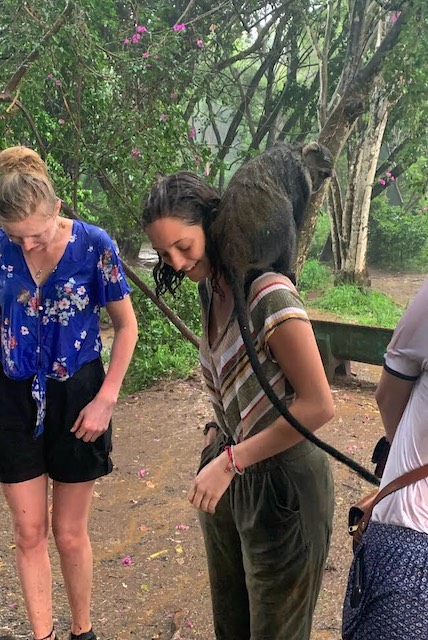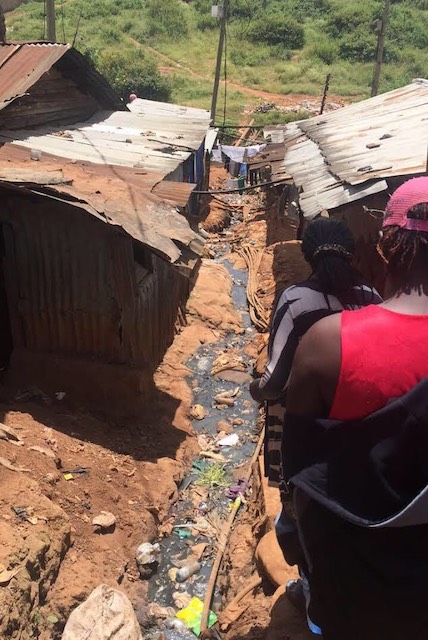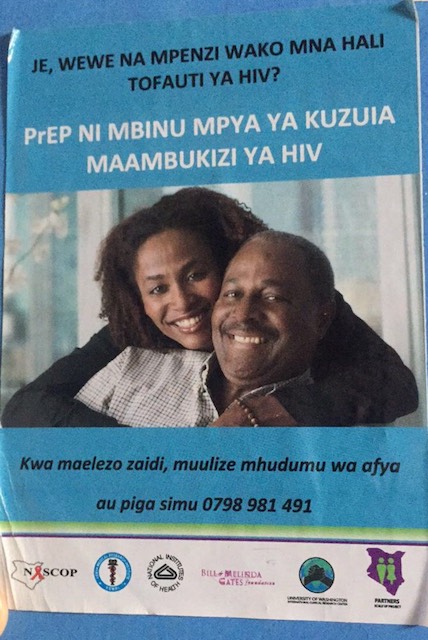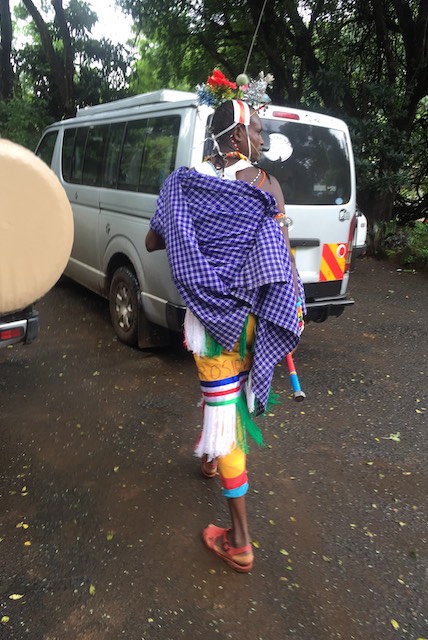Written By: Isabel, Latitudes Year ’20 Kenya
The liveliness and hospitality in Kenya is inescapable. I always find myself in awe of the sense of community I have seen many countries embody. Often times, being seen as or referred to as a “sister” or “brother”. The way of life here feels so natural; with months left here it still doesn’t feel like long enough. From the loud music, the cultural wear of the surrounding tribes, and the hospitality to the simpler things like the daily dirt road walks, and the bumpy matatu rides, lively is an understatement for this place.
A typical day starts with a scenic early morning walk through the rural area of Kikuyu, where “Muzungu” (An observant word in Swahili for “Westerner”) will most likely be shouted several times, along with many other greetings. With fruit stands everywhere, it’s hard to resist purchases especially from the friendly locals. So…bag full of fruit, I find a matatu. Matatus are like communal taxis/buses where the drivers give out hugs and high-fives while pushing you into the vehicle, leaving you with a smile on your face, and perhaps a kid in your lap, as you head to placement.
After being certified by the Kenyan government I now work at a Hospital in Kiambu doing HIV Testing and Counseling. Where, as one can imagine, the day can get a little tougher. Not far from here is an area called Kibera. Kibera is the largest slum in Africa, with many of its residents and children testing HIV positive. With Kenya being one of the countries most affected by HIV/AIDS in Africa, our testing and counseling services, as well as medications are free. However, this offer for free care is not available throughout the hospital. On a daily basis, helping patients work through the emotional healing of assault, being diagnosed with a positive status, and more, in addition to witnessing your “brothers” and “sisters” who are critically ill being sent home due to lack of personal funds or lack of resources within the hospital can prove difficult. Often times, when exposed to frequent and diverse hardships, whether in the hospital or on the street, whether in you’re home country or elsewhere, you contemplate your extent of impact. How can I help everyone? You can’t forget the sights and you can’t forget your brothers and sisters.
However, despite the challenges, the locals often still appear joyous and it’s contagious. When I’m not working at the hospital, I’m found in many different areas, whether they are big cities, or smaller villages. Landing me in Masai Mara with the local tribesmen and women, in the popular city of Nairobi, in the forest with monkeys, an elementary school in Kibera, and much more. I can barely express my gratitude.
Throughout my stay here, I have been asked by locals why Kenya seems more welcoming to Westerners than the other way around and I cannot explain it. When returning stateside I aspire to keep the energy I have felt here. Africa is unforgettable and unique, and I strive to carry that with me.
Kwaheri, All the love,
Isabel




